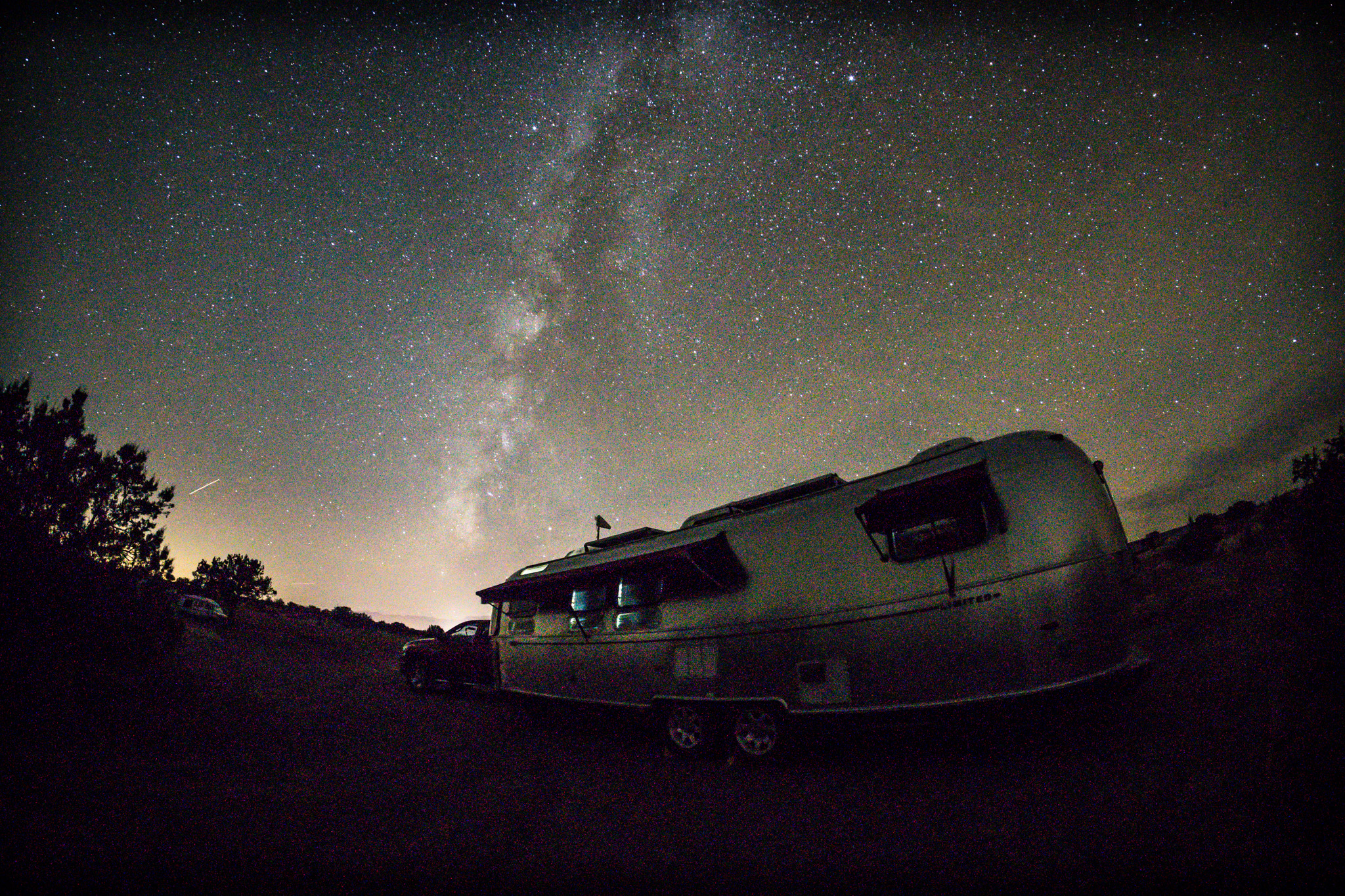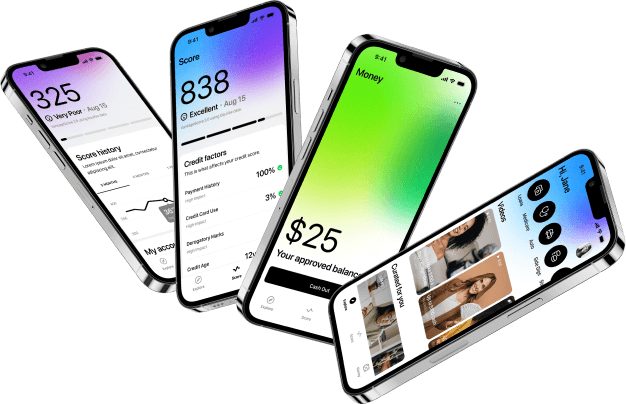How my budget failed me big time
I remember when I was a kid, maybe 15 or 16 years old, I wanted a small telescope to play with because I had an interest in astrophotography. This telescope was relatively modest, and I spent several weeks saving up my money to buy it. After all, my parents forced me to have a budget, so I knew exactly how much money I could spend.

I remember when I was a kid, maybe 15 or 16 years old, I wanted a small telescope to play with because I had an interest in astrophotography. This telescope was relatively modest, and I spent several weeks saving up my money to buy it. After all, my parents forced me to have a budget, so I knew exactly how much money I could spend.
Month after month, I continually added money into my budget until, finally, I was in the home stretch. I was $20 or $30 short, and I happened to mention to my dad my plans for my purchase.
In my head, things were going along as planned. I wanted to buy something, so I saved until I had the money to buy it. I worked within the confines of my budget and followed all the rules of proper money management. At 15, I felt proud of myself for doing so.
I was shocked when I heard my dad's response.
"You need to quit spending so much money!"
Wait...what the hell? I just spent weeks and weeks saving up enough cash to make this purchase and my dad tells me to quit spending so much money? But why?
It was all budgeted!
How I cheated my own budget
Fast forward about 10 years. I graduated from college and I was working for a large, multi-national corporation making decent money. I had a little one bedroom apartment and living fairly comfortably.
Of course, I still had my budget.
Every two weeks, I threw money into my budget and watched some of the budget categories balloon - because naturally, money in each category would "roll over" from month to month. I had a "fun money" pot, and I probably put 20% of my take-home paycheck into it.
Doing the math, after five paychecks, I would have the equivalent of an entire paycheck of money sitting in my fun money pot ready to be spent.
Throughout my life, I had the habit of making larger purchases with my extra money rather than lots of little ones. My stuff was big and expensive (remember that Vette?). Cameras, car parts, I even had a phase in my life where I bought some guns to have fun with at the gun range.
Every once in a while, my fun money pot would grow north of $1000. Once I was at the $1200 or $1300 mark, I was itching to spend that money on something nice.
"You know, I could really use a new camera". Or, "Man, a supercharger would make that Vette freaking hella-cool!"
After all, that money was all safe and secure in my budget. I had the money budgeted for, so I was well within my right to spend it and not feel guilty about it. After all these years, I was still very much unaware of what my budget - a budget designed with the best of intentions - was doing to me.
My budget was screwing me out of my hard earned money!
I had the money budgeted. Therefore, it was ready to be spent. Just like that telescope that I wanted as a kid, I felt entitled to spend that money because I thought I did everything right. I saved. I spent. Isn't that the American way?
Re-thinking how budgets work
A couple of years ago, right around the time that I was getting more involved with the personal finance and early retirement community, it finally sunk in WHY my budget was like a hole in my pocket, leaking change at every opportunity.
I thought of each budget category as money that should be spent.
I was mentally removing the element of judgment in this equation. I now know that just because I have the money, that does not necessarily mean that it needs to be spent - even if it is correctly budgeted.
My dad tried to teach me that lesson as a child. I was too damn dense to pick up on it.
Throughout my early years, if I had $1200 in my fun money account, I would look for where to spend it. Surely, $1200 could buy something nice...and what a coincidence, I like nice things!
But in reality, that is not how effective budgets work.
My wife has written about how we budget on the blog in the past, and it has fundamentally changed the way that we look at the numbers in our budget.
I find the way we budget now to be pretty kick-ass.
Distilling down my wife's larger and more complete article above, here is what we now do with our budget to make sure that it is as effective as possible:
- Each category has money that CAN be spent, rather than SHOULD be spent
My wife and I both have "fun money" accounts, but they do not roll over each month; this is money to be spent on smaller "incidental" items for ourselves, and we each have the autonomy to make decisions about where this money goes
We can make long-term "roll over" categories on an as-needed basis, and these categories are funded out of our fun money pot
Research before we borrow any money from services like Readies.co.uk so if we do need money that falls outside of our budget, we're making the best decision possible.
The key to our budget is to balance our needs with our legitimate and reasonable desires. Since our fun money accounts do not roll over, we keep ourselves from continually building up larger and larger spendable pots that can easily be wasted.
However, if our fun money never rolls over, how do we make some of these larger purchases? I would never have enough in my fun money, then, for photography equipment. This is where our temporary rollover pots come into play, and we fund these pots each month by taking money from our respective fun monies. As the name implies, the money in our rollover pot will continue to grow to support larger purchases.
For example, I have a photography roll over pot that I devote $50/month to. The $50 comes straight out of my fun money for the month, and the pot continues to build until it reaches a point where I can make a specific photo purchase, like a camera, lens, flash or anything else relating to photography.
We attempt to keep these accounts fairly well regulated. For example, it completely defeats the purpose if we set up a roll over pot and devote 100% of our fun money into this pot every month. We keep ourselves honest because when we cheat on our budget, we ultimately cheat ourselves.
Today, our budget no longer drains money out of my pocket. The difference between looking at each category as money that CAN be spent rather than money that SHOULD be spent is as fundamental as the difference between black and white.
It is making our budget wickedly effective for us, month after month. It works.
What about you? How do you ensure that your budget isn't draining money out of your pocket every month? Or, do you even need a budget?

